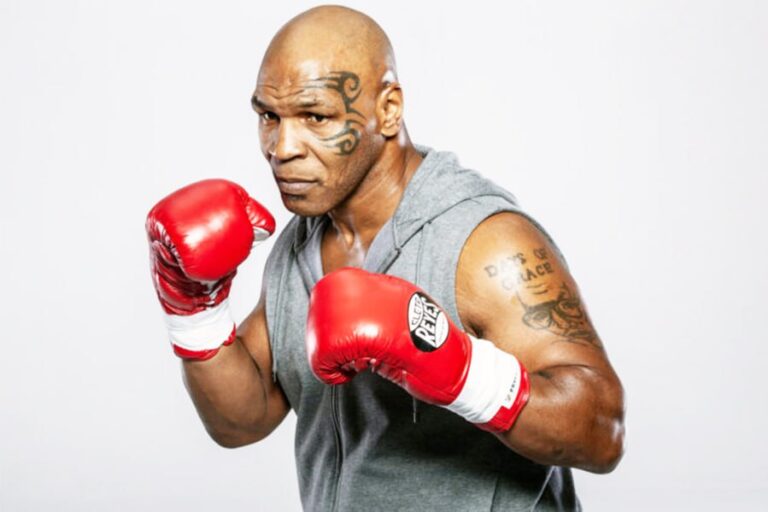In a landmark two-day meeting held at the East African Community (EAC) headquarters in Arusha, Tanzania, the Republic of Kenya and the United Republic of Tanzania have successfully addressed longstanding concerns regarding the export of poultry and poultry products between them.
In his remarks, Mr. Rabson Wanjala, Co-Chair of the meeting from Kenya, emphasised the critical importance of trade between the two countries, highlighting the necessity for ongoing consultations to streamline and facilitate trade processes.
Mr. Wanjala said that both countries had committed to fostering trade relations, adding that the commitments made underscore the importance of collaborative efforts to ensure increased trade in the region.
On his part, Dr. Benezeth Lutege Malinda, the Co-Chair of the meeting from Tanzania, echoed Wanjala’s sentiments, adding that Tanzania has embarked on ensuring all trade-facilitating agencies address and resolve any issues hindering trade, particularly the Non-Tariff Barriers (NTBs) to trade.
“We remain committed to tackling these challenges and fostering an environment conducive to seamless trade between Kenya and Tanzania,” he said.
Kenya has historically been a significant exporter of poultry and poultry-related products to Tanzania, including Day-Old Chicks (DOC), hatching eggs, parent stock and processed poultry items. However, in 2021, Tanzania imposed a ban on poultry imports from Kenya due to the global outbreak of Highly Pathogenic Avian Influenza (HPAI). This ban severely impacted Kenya’s poultry industry, hindering access to a vital market.
The meeting, convened from 29th to 30th April, 2024, brought together veterinary authorities from both countries with the objective of resolving the ban on the export of poultry and poultry products from Kenya to Tanzania.
The two parties discussed their concerns and reached the following agreements regarding the trade of poultry between Kenya and Tanzania:
Clarification of the Ban: Contrary to previous understanding, Tanzania clarified that it had not imposed a ban on Kenyan poultry and poultry products but had implemented sanitary and phytosanitary (SPS) measures (requirements) in response to the global Avian Influenza outbreaks as per the World Organization for Animal Health disease notification reports. These measures aimed at safeguarding animal and public health;
Continued Trade: Both parties affirmed that trade in DOCs and hatching eggs between the two countries was ongoing, with facilities demonstrating high biosecurity standards permitted to operate;
Risk Assessment: Any facility intending to export poultry products from Kenya to URT, and vice versa, may undergo a risk assessment to ensure compliance with sanitary and phytosanitary (SPS) measures;
Surveillance and Capacity Building: the two Partner States committed to enhance surveillance efforts and capacity-building initiatives to ensure timely disease detection and reporting. Further, it was agreed that small-scale poultry producers in both countries will receive support to improve biosecurity measures in an effort to enhance their export opportunities; and
Enhanced Communication: Recognising the importance of efficient communication, both veterinary competent authorities in the two Partner States pledged to strengthen collaboration for swift issue resolution regarding SPS measures.
The outcomes of the meeting signify a significant step forward in resolving trade disputes and fostering mutually beneficial relations between Kenya and Tanzania. Both countries are committed to upholding transparency, facilitating trade, and ensuring the health and safety of their citizens.
Distributed by APO Group on behalf of East African Community.



